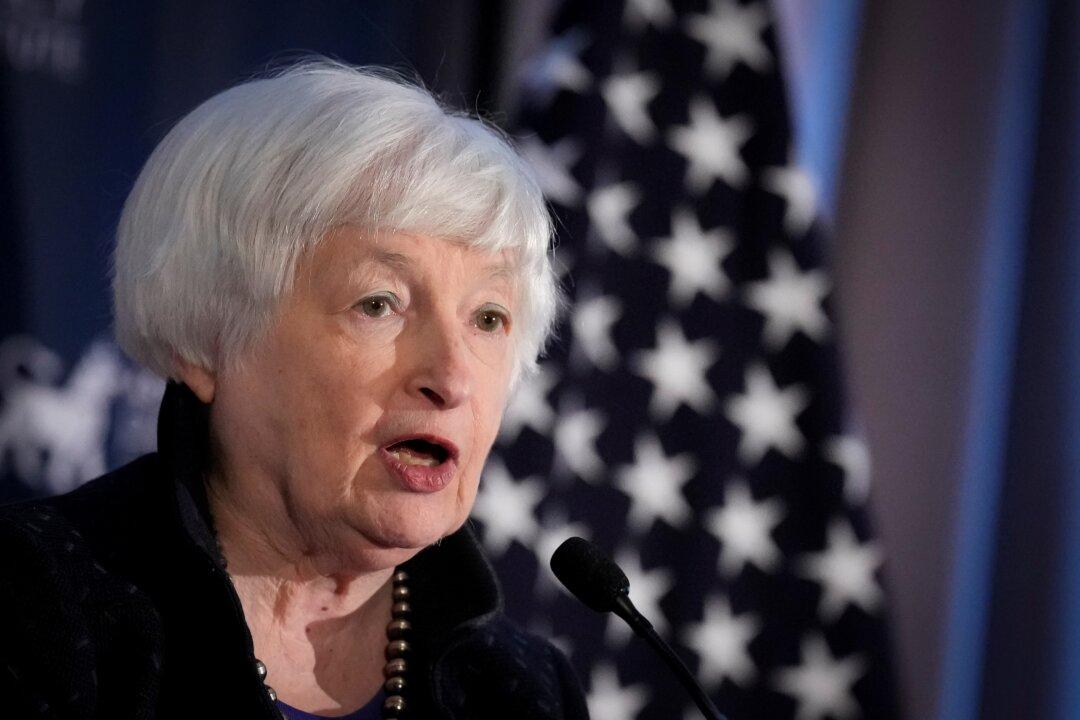U.S. Treasury Secretary Janet Yellen praised Argentine President Javier Milei and his government on Feb. 29 for taking the necessary steps toward “restoring fiscal sustainability.”
Ms. Yellen met with Argentina Economy Minister Luis Caputo in Brazil during a gathering of G20 finance ministers and central bank governors.





